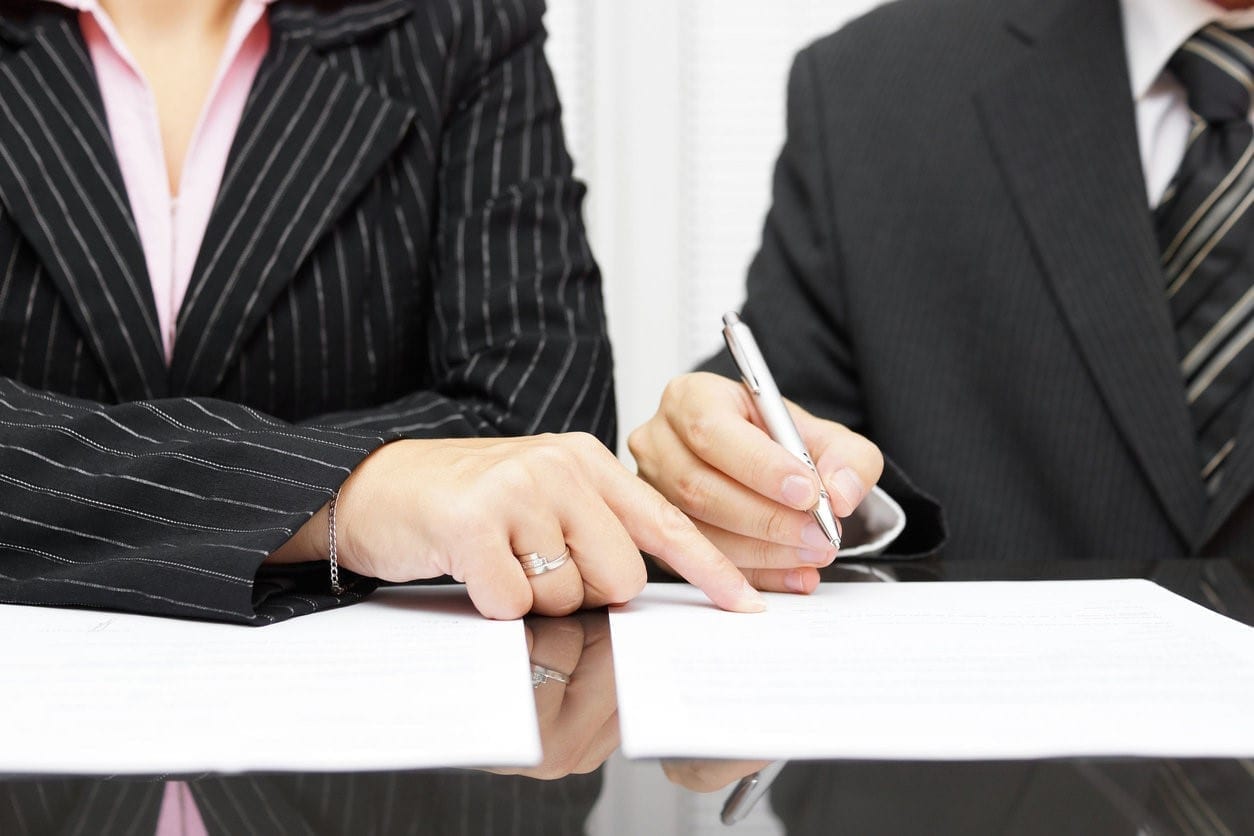You’ve Been Charged with a Felony…Now What?
When you face felony charges, the road ahead may be unclear. You know that a felony conviction could mean years in jail or big fines, but what happens in between a charge and a conviction? How do people defend themselves? When do you have to go to court?
There are a few steps between when you first hear the charges against you and those charges either get dropped or dismissed or you get sentenced. Knowing what’s ahead will help you prepare your case and make it more likely that you get your felony charges reduced or dropped faster.
Read on to learn what you can expect from the process.
The Steps of a Felony Case in Illinois
Arraignment. At this point, you’ve already been charged with a felony. After your arrest, preliminary hearing, or indictment, a judge or jury has decided that there is reason to believe that you have committed the charges you are faced with.
Don’t get discouraged because you have been charged with a crime. You are still innocent until proven guilty. Depending on the specific circumstances of your case, your defense lawyer has all kinds of tools at their disposal to craft the strongest possible defense strategy for you and give you the most likely chance at a positive outcome.
Gathering the Evidence – Discovery Process. As soon as you have been charged, your criminal defense lawyer will begin to collect evidence that is related to your case. This is called the “discovery” process.
During this time, the prosecution must disclose any evidence that the defense lawyer asks for. Unlike in crime dramas, the prosecution cannot whip out a trial-changing piece of evidence that was previously hidden from the defense lawyer.
All of this evidence is important.Click To Tweet
Your lawyer will use the evidence to foresee the prosecution’s strategy, as well as build a solid defense strategy.
The prosecution has to prove beyond a reasonable doubt that you committed the charges in question, so it’s important to be thorough when talking to your defense lawyer and provide as much information as you can.
Motion Hearings. As your lawyer gathers evidence about your case, they may find reasons to believe your arrest was carried out or that evidence was gathered in an unlawful manner, the charges do not apply, or that you were placed in other situations that warrant your charges being dropped under the law.
If this is the case, your lawyer will begin to file motions at hearings in hopes of getting evidence or testimony removed form the case. In some cases, your charges will be dropped during this process.
Plea Agreements. Even after motions have been filed and all the evidence is collected to guarantee a fair trial, you may not actually go to trial. Instead, your criminal defense lawyer may recommend negotiating a plea agreement with the prosecution.

This means that you will plead guilty to the charges in order to get a sentence that is lower than that typically recommended for the charges you face. For example, you may face jail time if you are found guilty at trial, but with a plea bargain you can avoid jail and only have to pay fines and complete community service.
Plea bargains will be different for every case. Consider the advice of your lawyer, but don’t rush into a decision. A plea bargain may mean a shorter sentence, but it is still a guilty plea and a conviction on your criminal record.
Going to Trial. If you decide not to take a plea bargain, you and your lawyer will head to court to fight the charges you face. After opening statements, presentation of evidence (which includes questioning and cross-examination from both sides), and closing arguments, you will hear your verdict.
If the judge decides you are not guilty, your case is dropped and you can walk free. If the judge decides you are guilty, you may have to attend a separate sentencing hearing where the judge will determine the penalties you face for your conviction.
What You Should Do After Being Charged
If you have not already hired a criminal defense lawyer, that’s your first job. An experienced, knowledgeable felony attorney gives you the best chance at a favorable outcome, but they can’t start building your case until you hire them.

That being said, you shouldn’t hire just anyone. There are several things that you should expect from any good defense lawyer, and you need to have them in mind when you meet with attorneys.
Also keep the upcoming process in mind. Do you want to hire someone who tends to negotiate plea agreements for their clients? What experience do the lawyers you are considering have with filing motions and getting their clients’ charges dropped during the discovery process?
Ultimately, when you are facing a felony charge, you want someone honest, dedicated, and communicative who has a proven track record of success in these types of cases. Find that person and you’re already ahead.
About the Author:
Andrew M. Weisberg is a former felony prosecutor who now serves as a defense attorney in the greater Chicago area. He has extensive experience in handling all types of criminal cases, from sex offenses and domestic violence to retail theft-related crimes, Murder, and drug crimes.







 Blog Home
Blog Home 










